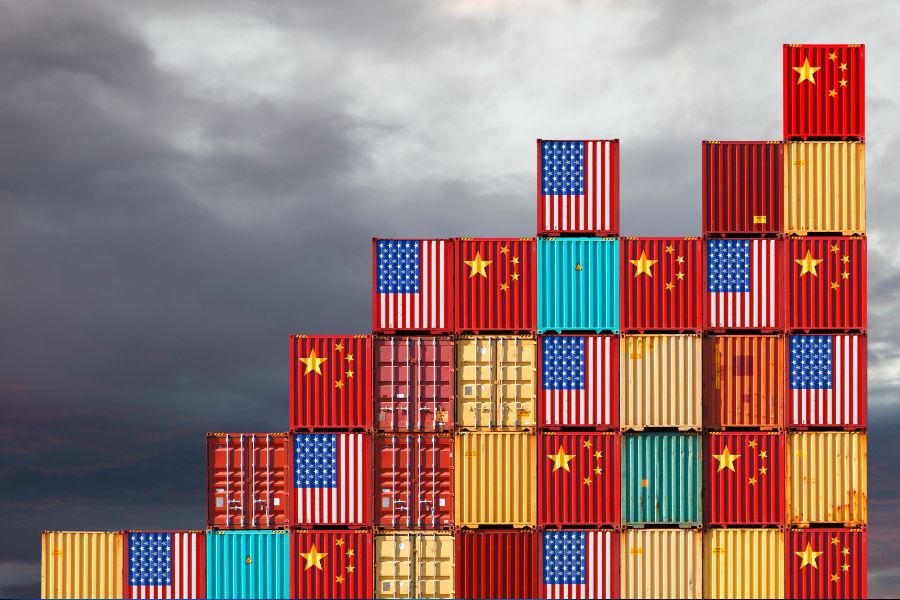President Donald Trump’s recent decision to impose sweeping tariffs on all imports into the United States, under Executive Order 14257, known as the “Liberation Day” initiative, has further escalated tensions in the global trade environment. This move is intended to address perceived unfair trade practices and stimulate growth in American industries by taxing every foreign product entering the U.S. While the policy aims to correct longstanding trade imbalances, its immediate impact has sent shockwaves throughout both the American and global economies. The measure has stirred economic uncertainty, increased friction with key international trading partners, and disrupted U.S. businesses across a variety of sectors.
Supporters of the tariffs view the policy as a necessary step in correcting a global trade system that they believe has unfairly disadvantaged U.S. workers and manufacturers. The primary goal is to raise the cost of imported goods, encouraging consumers to choose domestic products instead. Although this policy may appear straightforward, the ripple effects have already been substantial, particularly for smaller U.S. businesses and international relations.
The domestic impact has been profound. Small and medium-sized businesses, many of which rely on affordable imports for raw materials and finished products, have been hit especially hard. The cost of goods like steel, electronics, and clothing has surged due to the tariffs, resulting in higher production costs. For many businesses unable to absorb these rising expenses, the only option has been to raise prices, cut costs by laying off workers, or even shut down entirely. Larger corporations, though better equipped to withstand financial disruptions, have also faced challenges, including delays and increased costs in their supply chains. Retailers, manufacturers, and tech companies alike have all been affected, contributing to broader economic disruptions.
Internationally, the tariffs have sparked retaliatory actions from key trading partners such as China, the European Union, and Mexico. These countries have implemented their own tariffs on U.S. goods, exacerbating tensions and raising the risk of a full-scale trade war. Such escalations could extend beyond tariffs to include measures like trade restrictions, sanctions, or travel bans, further complicating global diplomatic relations. Economists warn that if these tensions continue to rise, the resulting economic instability could lead to a global recession, undermining not only the U.S. economy but threatening the stability of economies worldwide.
Domestically, the introduction of these tariffs has ignited a heated debate. Trump and his supporters argue that the policy is necessary to protect U.S. jobs and reduce the national trade deficit. Critics, however, express concern that the policy could have adverse long-term effects that outweigh any immediate benefits. The primary concern is that U.S. consumers will bear the brunt of these tariffs, as businesses pass on the higher costs to buyers in the form of increased prices for everyday goods. Additionally, there are fears that the U.S.’s aggressive stance could harm its credibility and standing in international trade organizations, such as the World Trade Organization (WTO), potentially isolating the U.S. from vital global markets.
As the situation unfolds, the full impact of these tariffs remains uncertain. The future of U.S. trade policy, combined with responses from international partners, will likely determine whether the policy leads to meaningful reforms or further economic instability. For now, both businesses and consumers must contend with the immediate effects of these tariffs, including supply chain disruptions and strained diplomatic relations. How the situation develops in the coming months will significantly influence the trajectory of the U.S. economy and its standing in the global marketplace.


